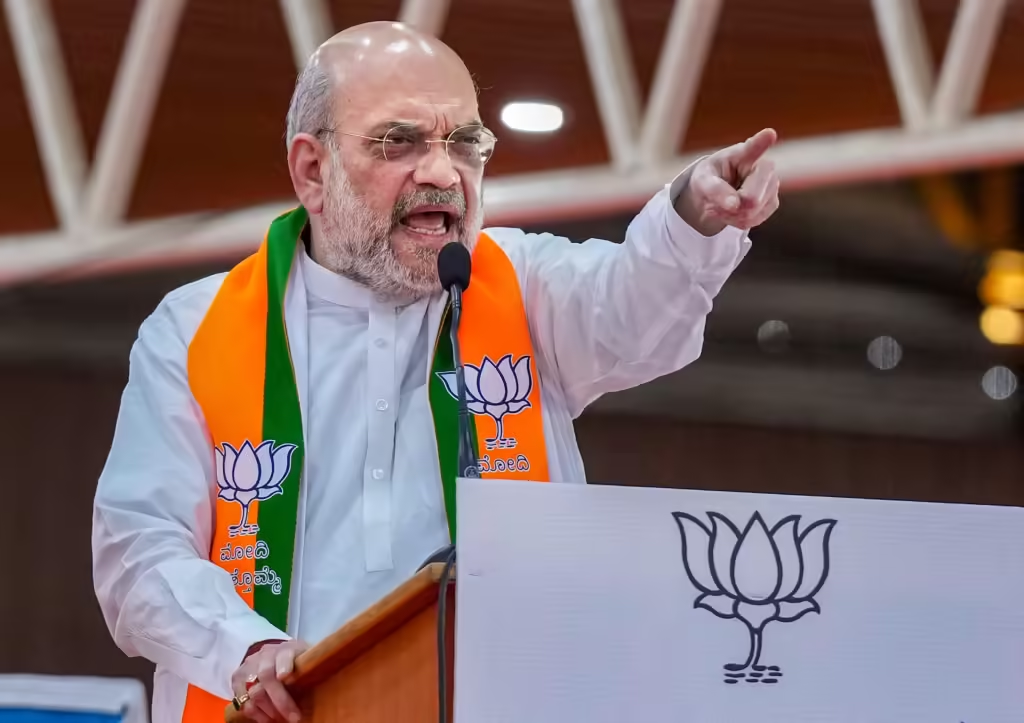In a recent statement that has stirred political discourse, Home Minister Amit Shah has asserted that former Prime Minister Jawaharlal Nehru relinquished control of Assam and Arunachal Pradesh to China during the 1962 Sino-Indian war. Shah’s remarks have reignited debates about India’s historical relations with China and the events leading up to the border conflict over five decades ago.
Speaking at a public event, Shah criticized Nehru’s handling of the territorial dispute with China, alleging that his administration’s policies weakened India’s position and resulted in the loss of strategically important regions. He pointed to the McMahon Line, established by the British colonial government as the de facto border between India and Tibet, as evidence of Nehru’s alleged concessions to China.
Shah’s comments have sparked reactions from across the political spectrum, with some echoing his sentiments while others vehemently disagree. Supporters of Shah’s stance argue that Nehru’s approach to the border issue was marked by naivety and diplomatic missteps, ultimately leading to a loss of territory and national pride. They contend that acknowledging historical mistakes is crucial for ensuring a stronger and more assertive stance on India’s territorial integrity in the present day.
However, critics have been quick to challenge Shah’s assertions, citing historical complexities and diplomatic nuances surrounding the events of 1962. They argue that attributing blame solely to Nehru oversimplifies a complex geopolitical situation and ignores broader factors at play, including China’s territorial ambitions and India’s post-independence challenges.
Moreover, some political opponents have accused Shah of politicizing historical events for partisan gain, particularly in light of upcoming elections in Assam and other northeastern states. They caution against using sensitive issues such as national security and territorial integrity as political fodder, urging leaders to prioritize unity and diplomacy in addressing contemporary challenges.
The controversy surrounding Shah’s remarks underscores the enduring significance of India’s border disputes with China and the complex legacy of Nehru’s leadership. While opinions may differ on the specifics of historical events, there is consensus on the need for a robust and forward-looking approach to safeguarding India’s territorial interests and promoting peace and stability in the region.
As debates continue to unfold, Shah’s comments serve as a reminder of the ongoing relevance of India’s past in shaping its present and future relations with neighboring countries. Whether viewed as a critique of past policies or a call for greater vigilance in the face of contemporary challenges, his remarks have reignited discussions about India’s strategic imperatives and the lessons to be learned from history.

